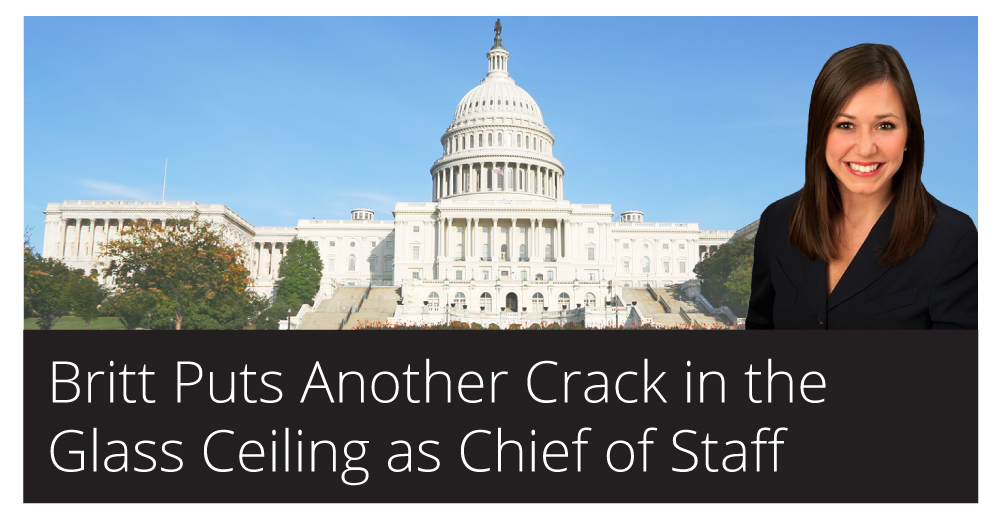Community Affairs Partners With Hale County Chamber to Present ‘Toward a More Perfect Economy: The Challenge and Opportunity of Rural Communities‘
The event will be presented via Zoom webinar on Wednesday, Sept. 23, from noon–1:00 p.m. CT. Interested individuals are encouraged to register in advance at http://tinyurl.com/HaleCoBostic to receive Zoom login information, as well as to share questions for the panelists. The event will also be available via Facebook Live on the Hale County Chamber of Commerce Facebook…






